THE PROJECT
THE NEGOTIATORS, HOW TO MAKE PEACE
The Negotiators, How to make peace, is a documentary set in diverse countries around the World, from Colombia in Latin America to South Sudan in Africa; different continents but with one common denominator: these countries have all been torn apart by internal conflict for decades.
But where there is entrenched warfare there are also people who are trying to end these conflicts . By following Jordi Raich’s career, a professional with more than thirty years of experience in the field, we discover a symphony of voices and faces of those neutral intermediaries as they go in search of solutions for peace.
SYNOPSIS
The Negotiators, How to make peace, is a documentary that proposes an inquisitive look at the identity and evolution of those people who seek solutions to armed conflicts in the 21st century.
Using as a background, some of the most intrenched conflicts on the planet, we approach their histories afresh and discover through the eyes of the negotiators their work, their evaluation of the situation and also the personal cost to them as they try to resolve conflicts in the most difficult of circumstances.
Being aware (or not) of the high price they will have to pay, behind every negotiator there is a story, a personal drama as rich as the work they have done.
Behind every negotiator there is another story, a personal drama , a price to pay for the intensity and difficulty of the work they undertake
We make this journey through the story of out different characters. From deep inside Mexico, Jordi Raich, a "neutral intermediary" will tell us his story, with more than thirty years as an international aid worker and senior official of the International Committee of the Red Cross.
In South Sudan, Dorsa Nazewi will show us what her work entails negotiating on the ground with dubious and at times duplicitous local bosses in a country with few functioning institutions or infrastructure.
Valentin Inzko is an Austrian diplomat and the High Commissioner for Bosnia and Herzegovina since 2009. He has helped to implement the Dayton peace agreements throughout the area since 2009. Inzko has been an ambassador, fluent in seven languages and a professional negotiator who knows the complex political and cultural balances in the Balkans.
Dag Nylander, from Norway, explains how his country seeks solutions to conflicts and how it has been involved in many different situations all over the world. Peace resolution has been Norway’s foremost foreign policy – it now has a place at the UN’s top table
With successive jumps in geography and time, we get to know these four very different people who, with through their lives and professional career, exemplify the different stages and trajectories professional peacemakers have to pass.
Jordi Raich has spent over 30 years working and surviving in this world. Mexico was to be his last mission before he retired.
But life, always full of lights and shadows, offered him one last challenge. This time a very personal one.
Jordi Raich has been diagnosed with metastasized lung cancer. His body now has to fight against an illness. He does not know the outcome . Now, Raich the negotiator, is negotiating within himself. His body has become a metaphor, as poisoned as it is perfect, for his life and that of our species.
Negotiation is an inherent part of our lives. We all have to negotiate for everything all the time. It's something we carry in our DNA. Maybe we know that, but it doesn't make choosing the outcomes any easier.
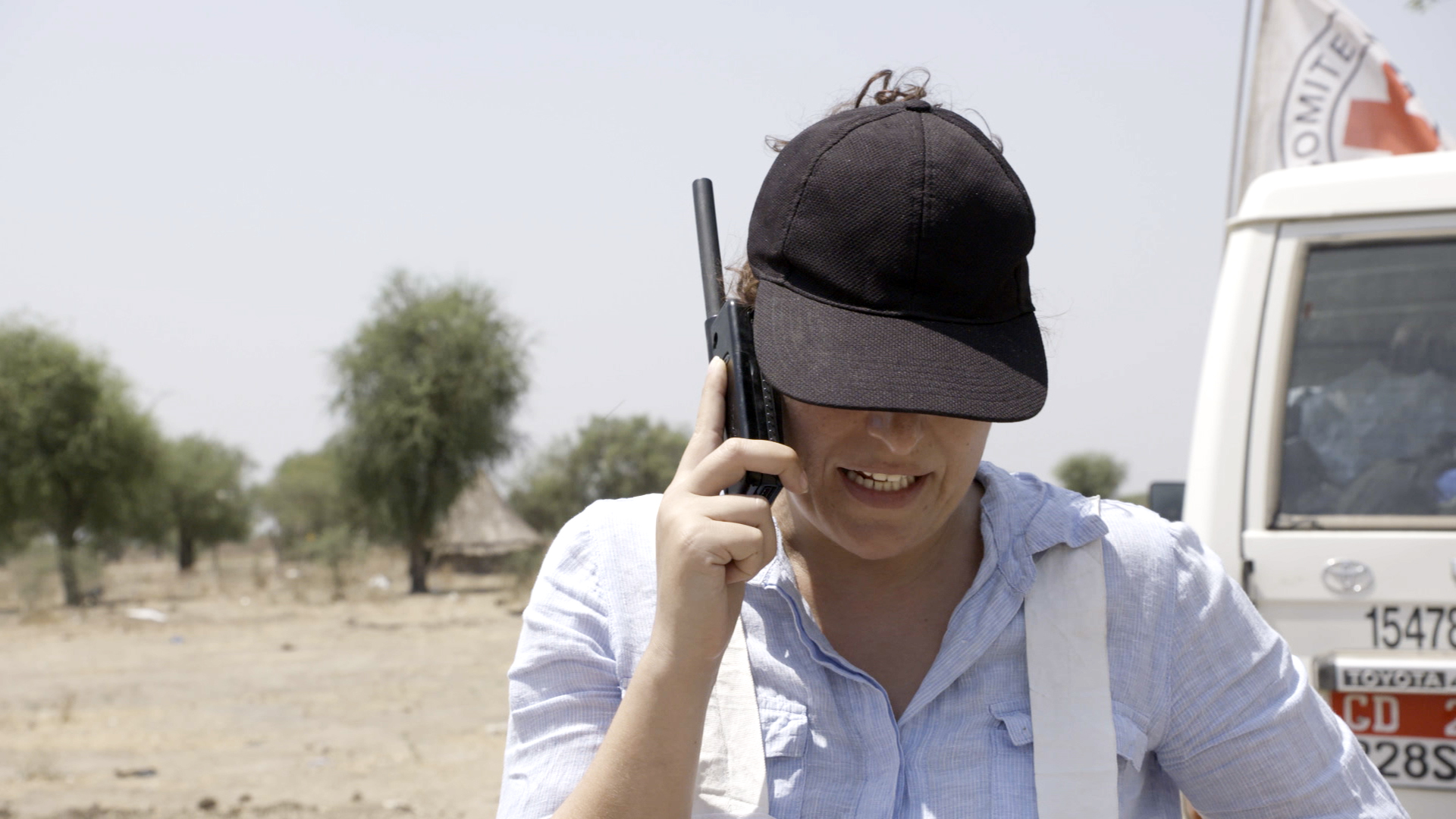
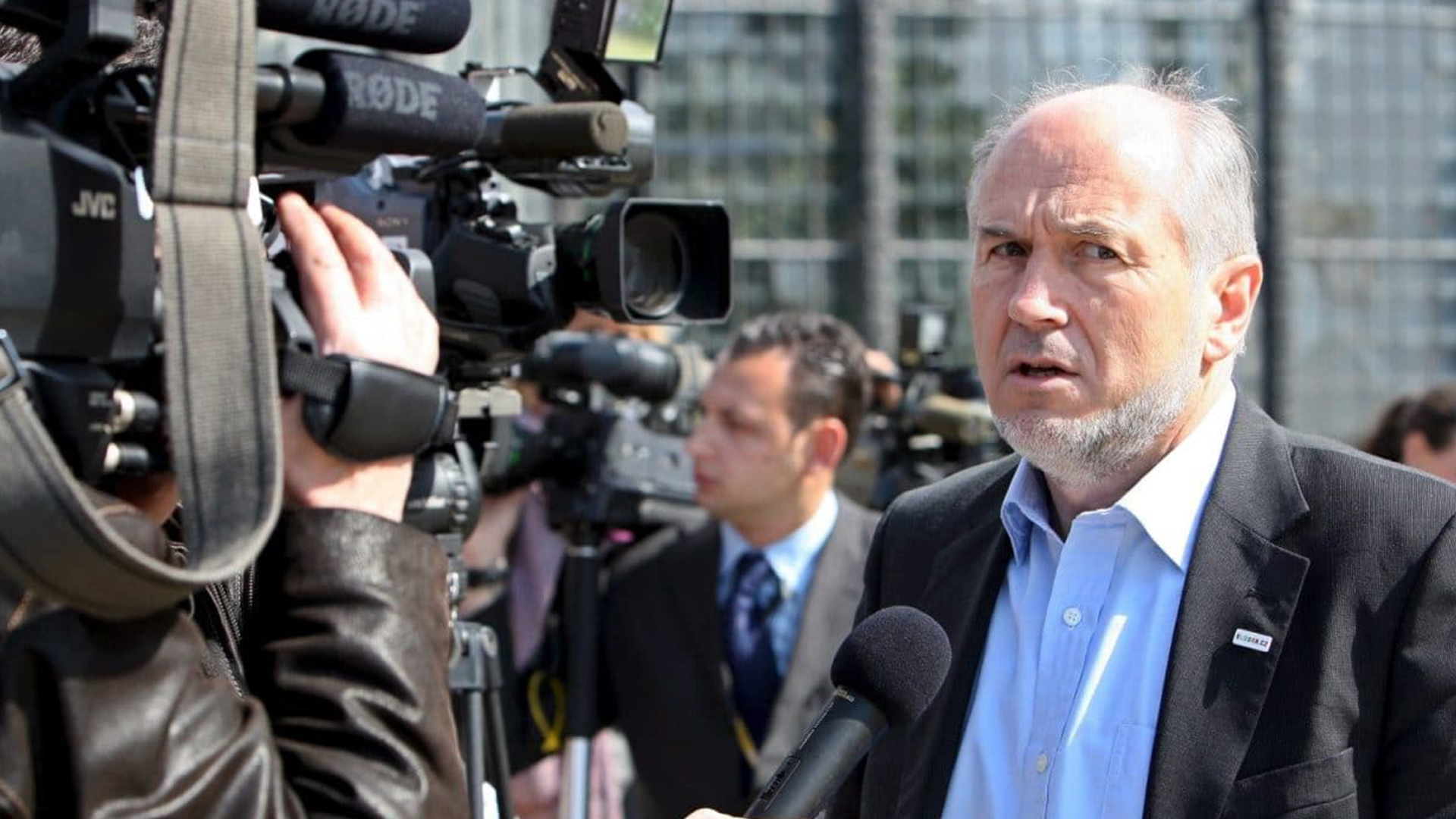
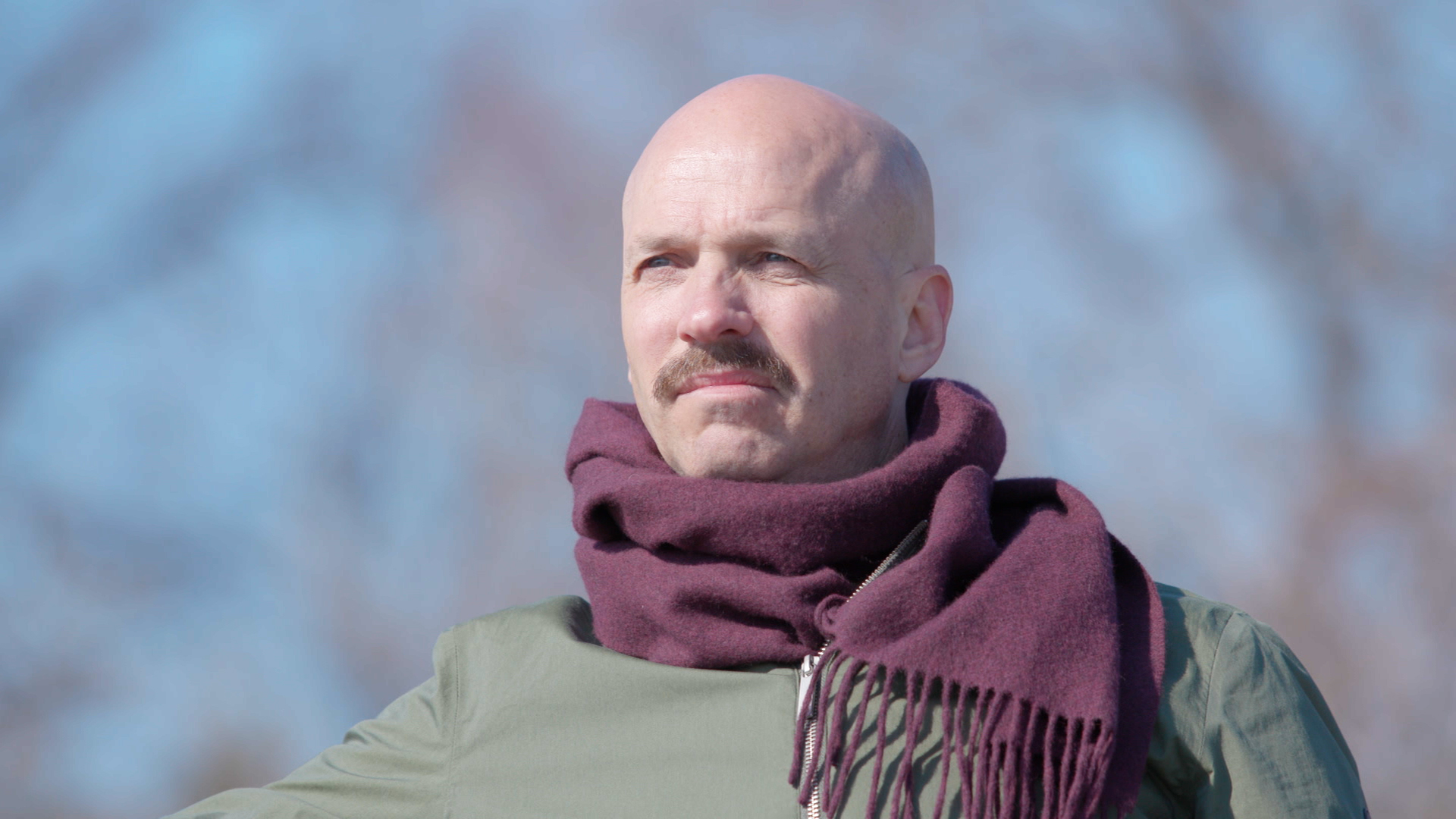
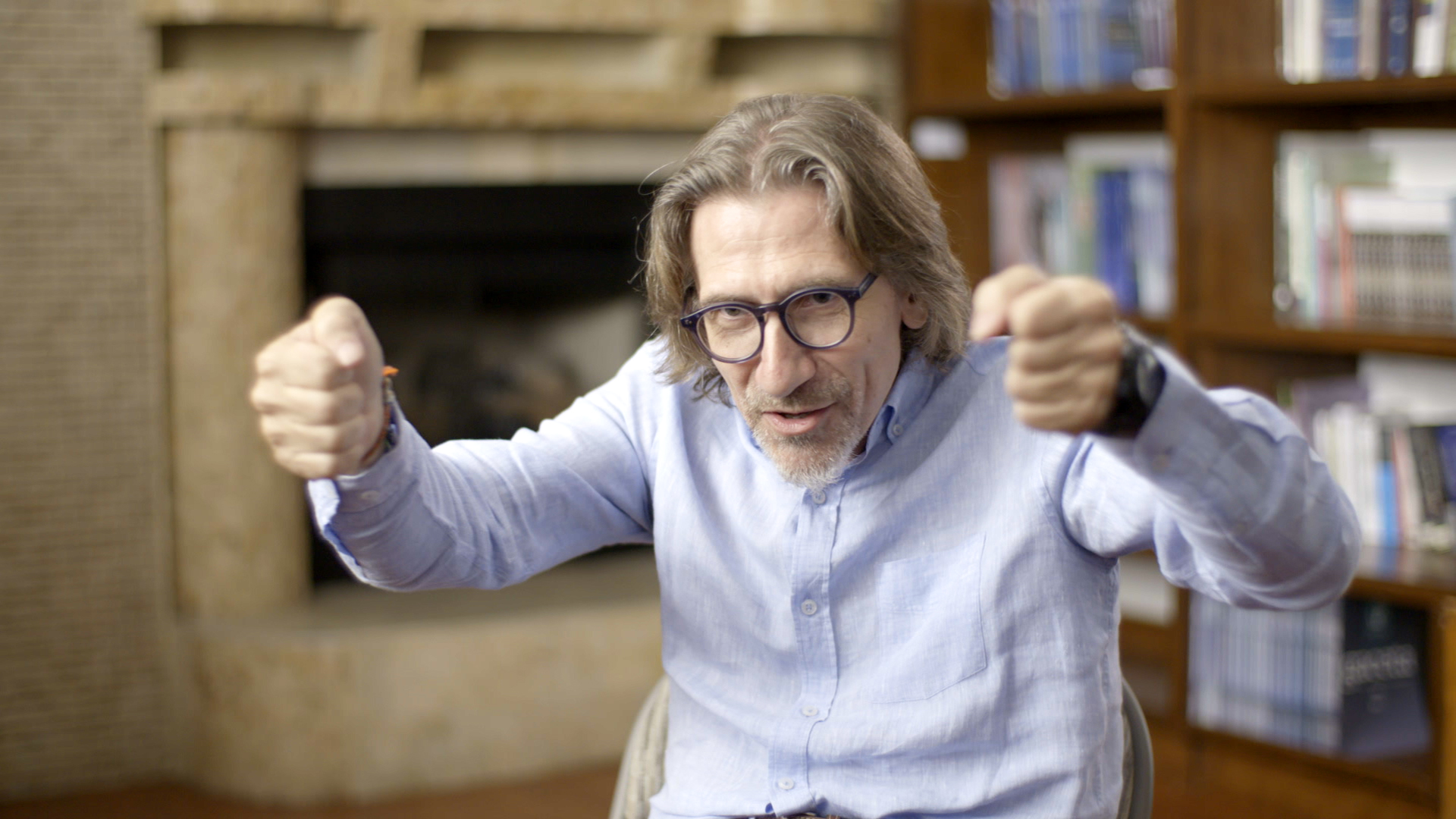
“Men build too many walls and not enough bridges” Isaac Newton
“Peace cannot be maintained by force. It can only be sustained through understanding” Albert Einstein
MOTIVATIONS AND THEMES
THERE ARE MORE THAN 20 ARMED CONFLICTS IN THE WORLD TODAY
MOTIVATIONS
There are currently more than twenty armed conflicts in the world, causing in excess of 150,000 deaths per year, in addition to millions of refugees, missing persons and the ruination of entire countries.
Trust is very scarce commodity in today's world, not only in conflict resolution, but also in the relationship between governments and their people.
Negotiating is also part of our everyday lives: we negotiate with parents, with the family, at school, at work, with friends, etc. A fellow journalist always said that in his newspaper he preferred to deal with superiors who had children because those who have children are used to finding agreement; to negotiating.
Negotiating is the art where all parties have much to gain. "The Negotiators" not only wants to present a positive message, but also to offer the viewer examples of a deep emotional and personal commitment to finding solutions through negotiation.
THE THEME
The film has a general theme which serves as the backbone of the narrative from which other stories hang.
As we have described, we explore, first, we introduce the character of the negotiators, and then through their eyes, follow the thinking and actions that takes them down the particular path that they feel they need to follow.
This allows us to show the daily work of our negotiators, according to circumstances they find themselves in and also the different skills they bring to bear in these situations.
(This is often very different to the role of a diplomat, who is bound by a strict protocol).
They face a much greater degree of improvisation and uncertainty undertaking field work working in war-torn territories.
This means exposure to extreme situations and stress both at the moment of a negotiation but also the cumulative effect of being exposed for long periods of time to seeing death, famine, and slaughter which can easily overwhelm people and cause despair and fear and an inability to continue their work.
The other aspect of the life of negotiators is more to do with personal issues, such as family relations or even finding free time. How after seeing atrocities and devastation and destruction can they re-integrate into ordinary life?
How do they combine them, without falling into despair or escapism from the cruelty of the world?
But the work of the negotiators would be meaningless if there were no conflict in the world. So, on a second level, it is essential to touch upon the issues that affect the people on the ground who are affected by conflict . How do you live with the pain of not knowing (or of knowing) that the people you love have been killed ?
Is it possible to forgive, to accept that your loved ones will never return and that you have to live with those who have killed?
In addition to the issues that directly impact on the feelings and lives of those affected, we have the opportunity to explore more anthropological and sociological aspects of this world. Who generates the conflicts, and what benefit do they bring? What is the role of NGOs? Does the work they do have a real effect? Are they really helping or simply preventing the opposing forces from finding their own solutions? How and when does a conflict become chronic and what are the long-term consequences?
All these questions and more appear throughout our documentary, in a search for answers.

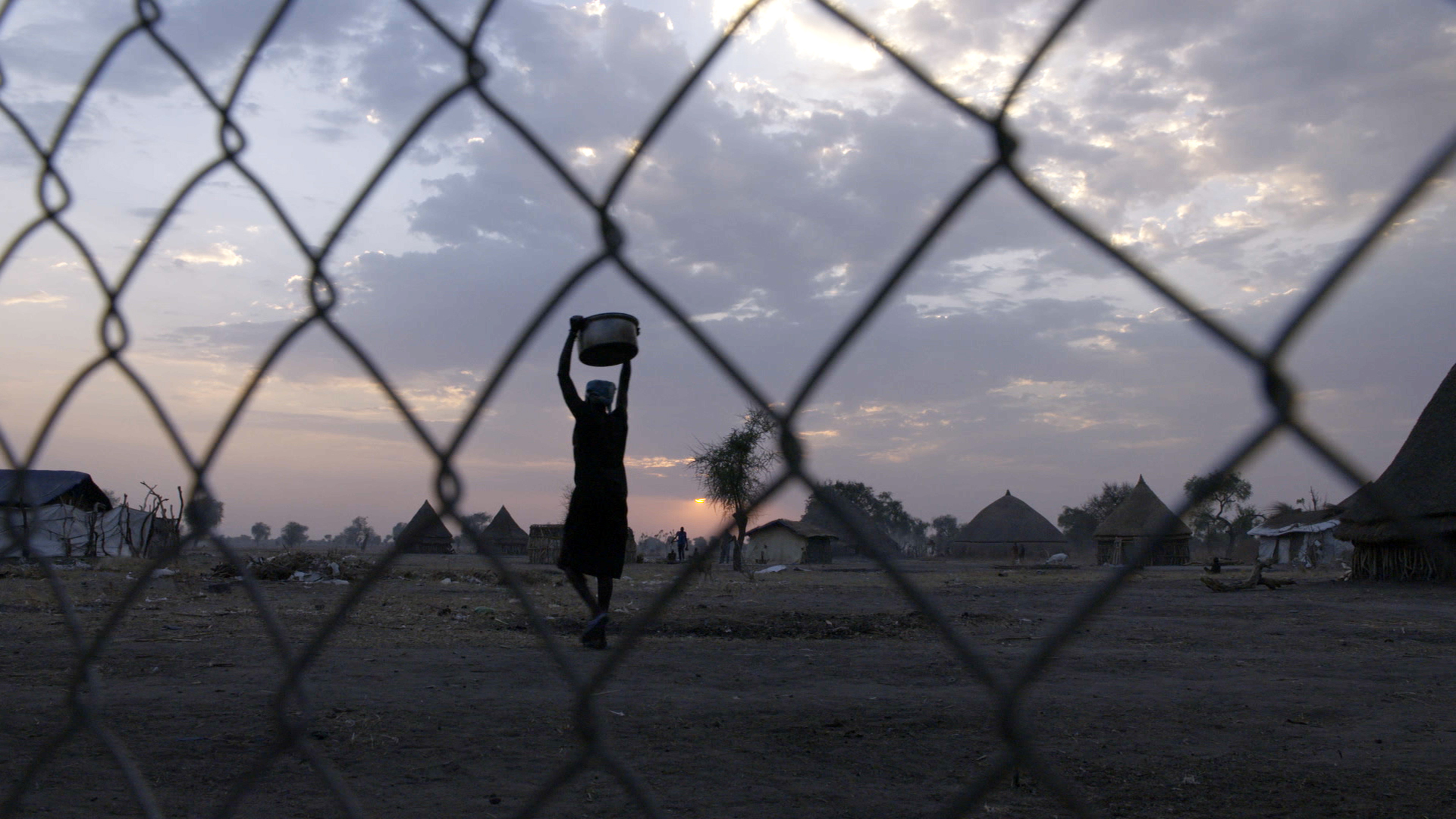
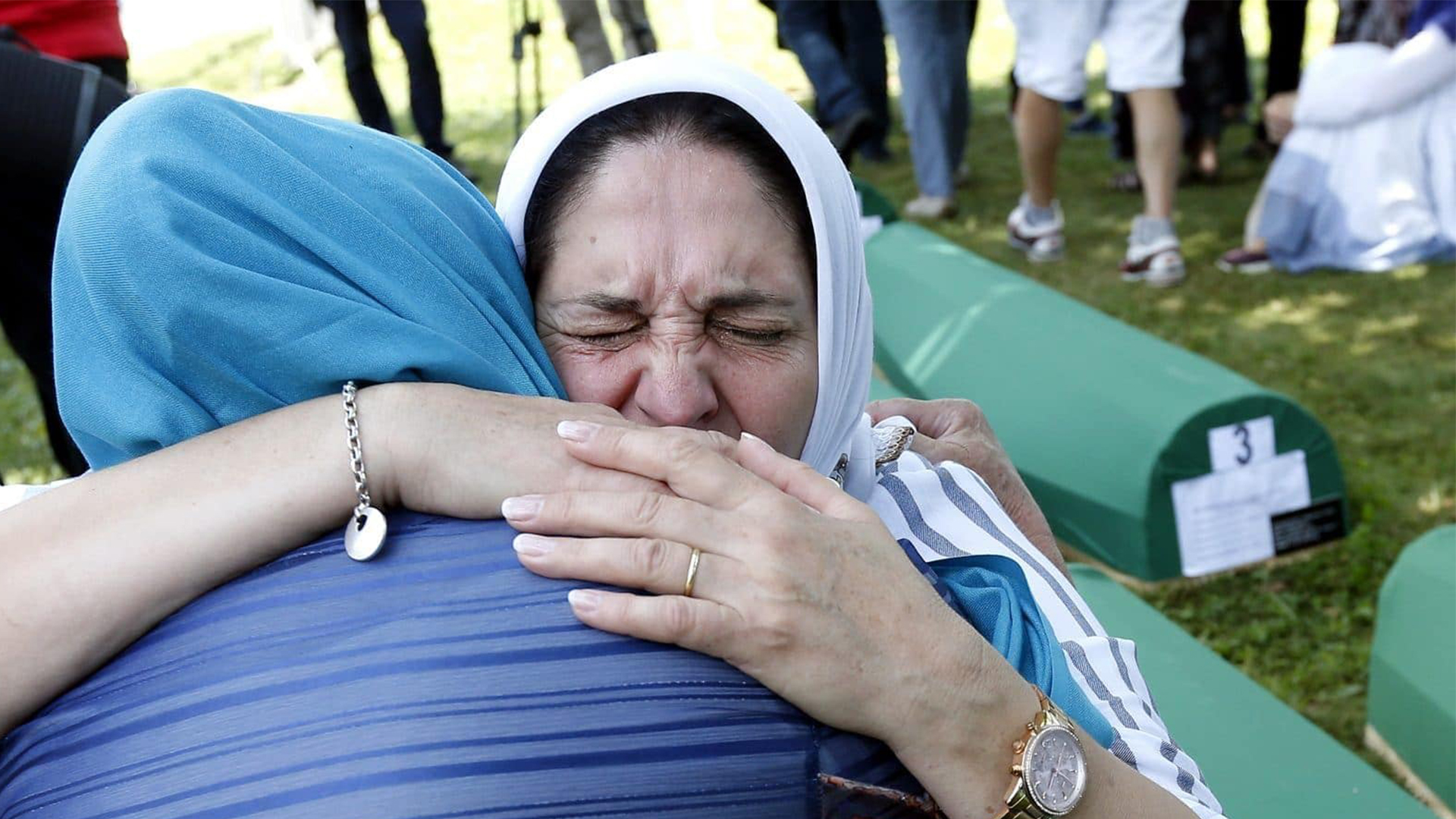
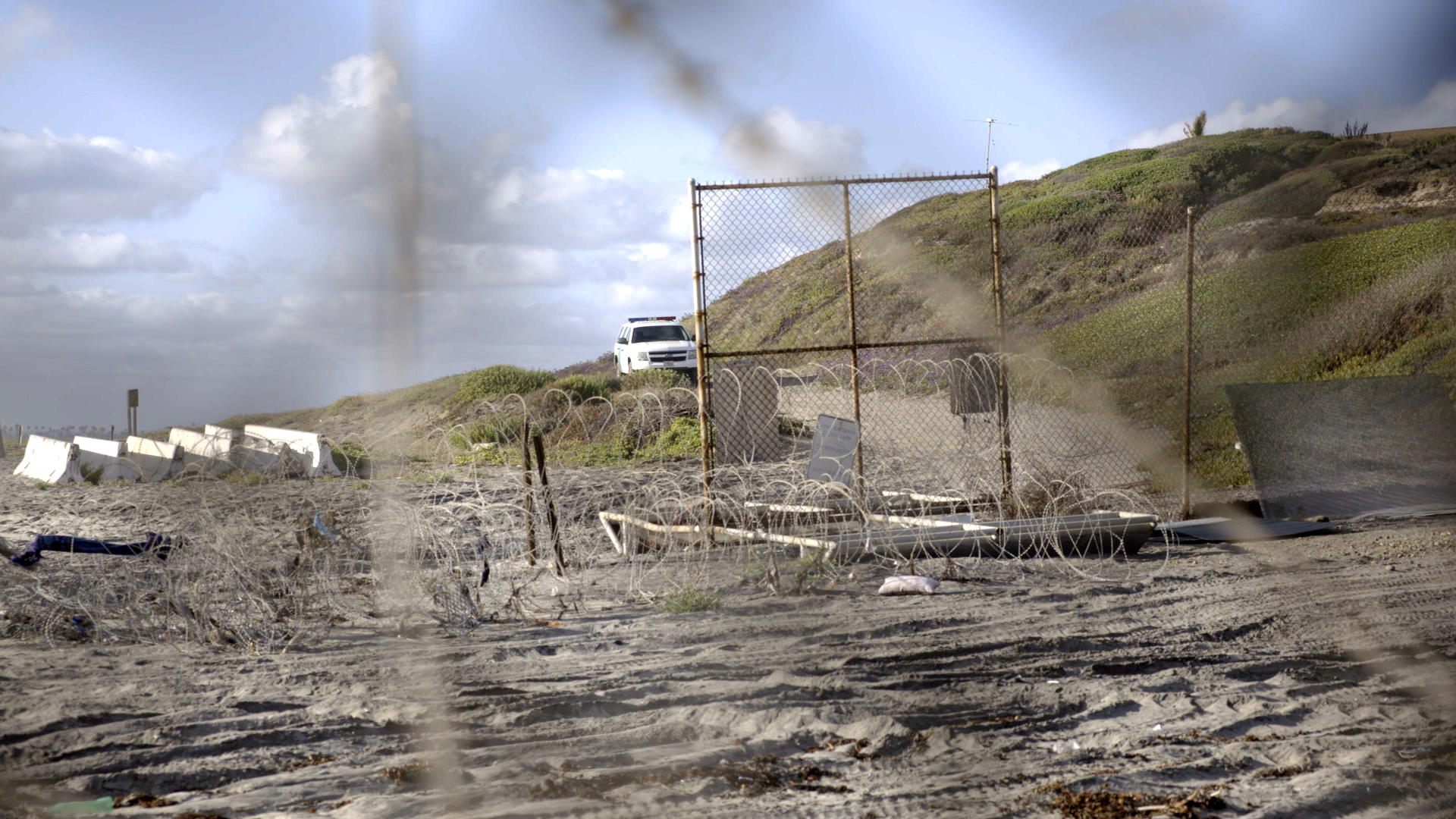
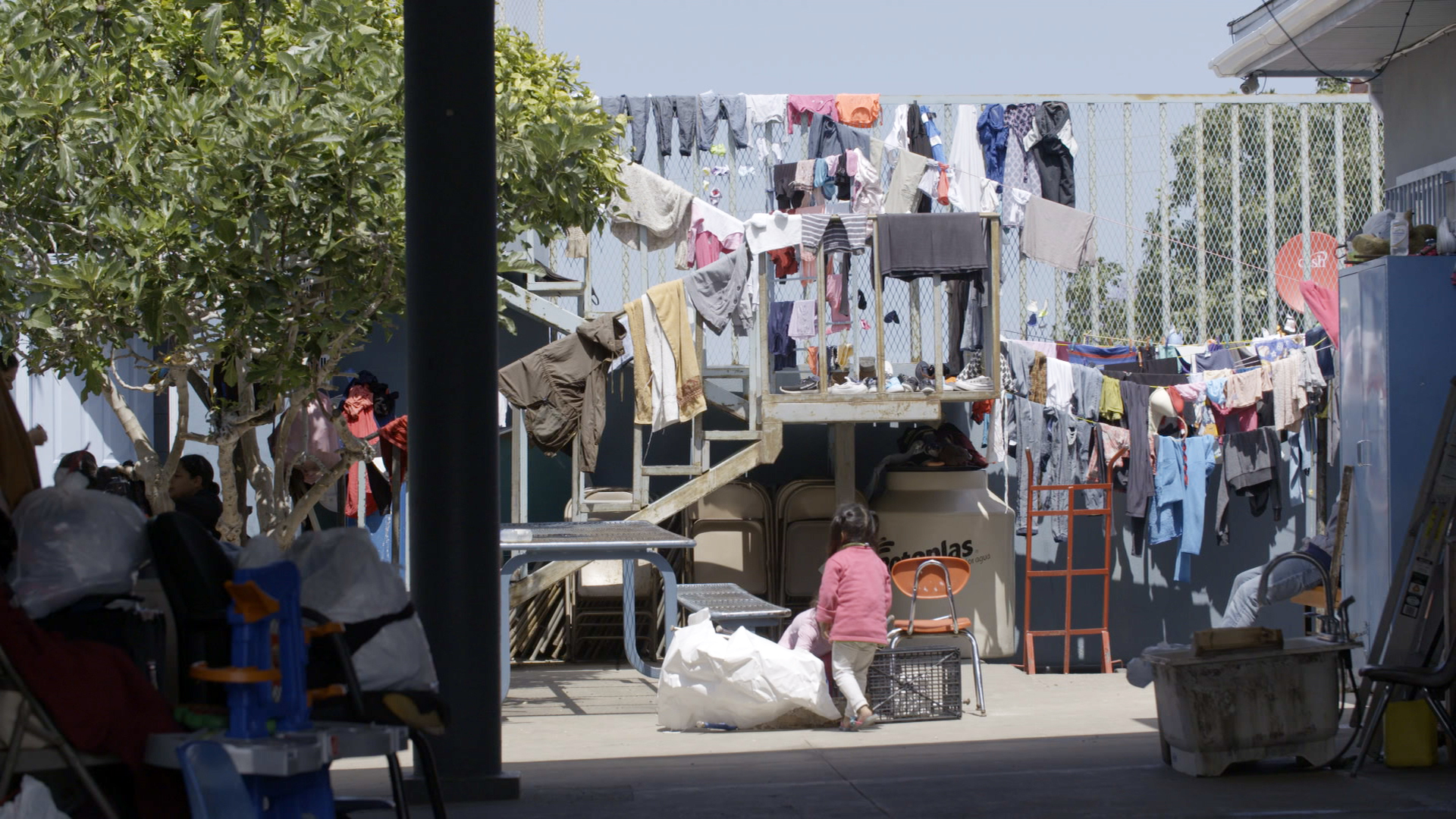
“Each year, they are accountable for more than 150.000 deaths and millions of refugees.”
THERE IS NO LIGHT WITHOUT SHADOW
THE JOURNEY
"There Is No Light Without Shadow" is the chronicle of the emotional journey that every negotiator must take to come to understand their role, to be able to act accordingly and to know what the personal cost involved.
“There is no light without shadow and no psychic wholeness without imperfection. To round itself out, life calls not for perfection but for completeness; and for this the “thorn in the flesh” is needed, the suffering of defects without which there is no progress and no ascent.”
~ C. G. Jung, CW, Vol. 12, para. 208
THESIS
The core idea on which all the work is articulated is that light and shadow, as Jung's quote says, are indivisible, innate to human nature. And yet, or precisely because of this, some of us decide to dedicate our lives to balancing the scales, no matter what price they have to pay.
Perhaps at the beginning of their careers they may not be aware of what that implies, but it is a condition sine qua non that they accept if they intend to go on with the mission.


